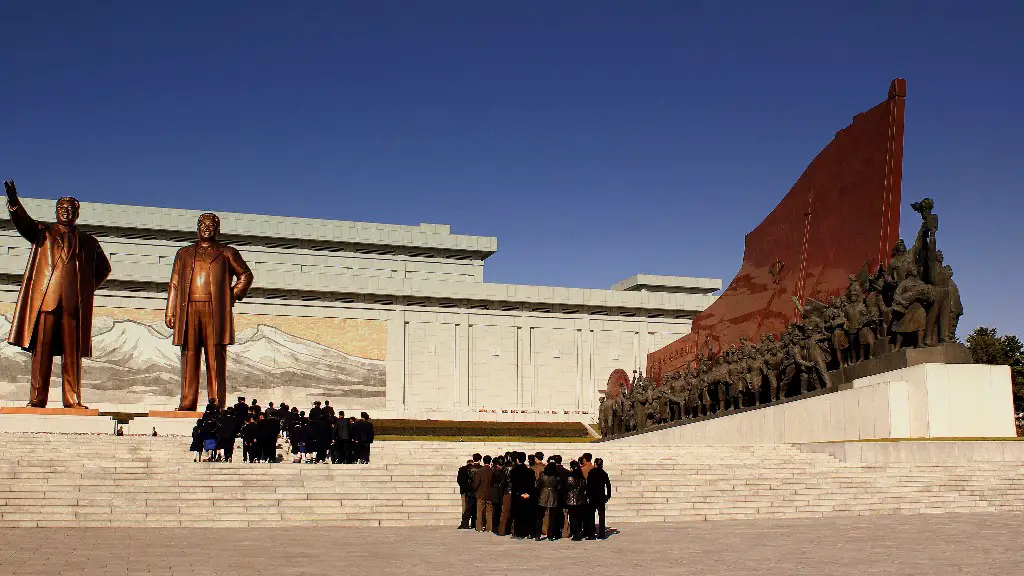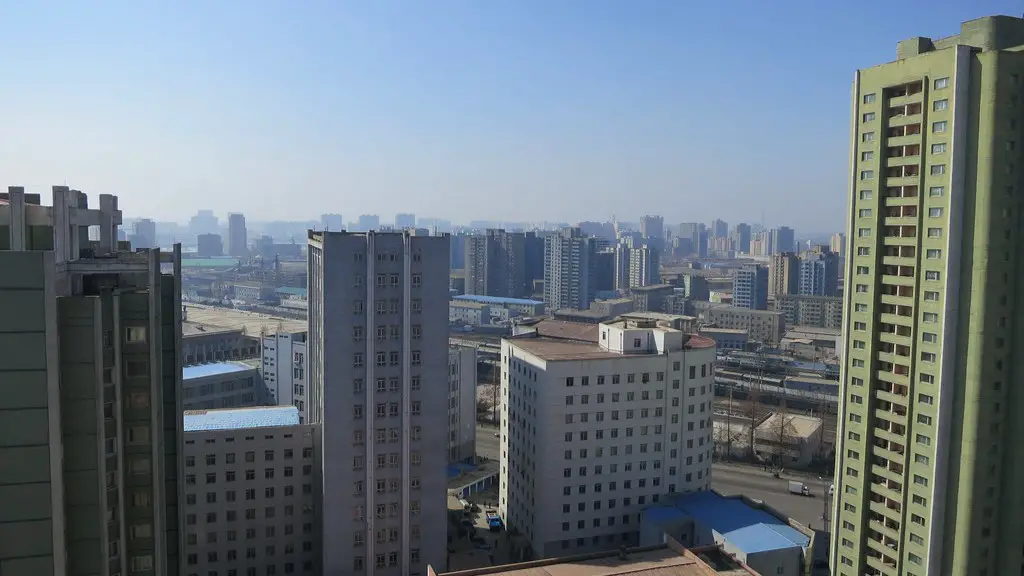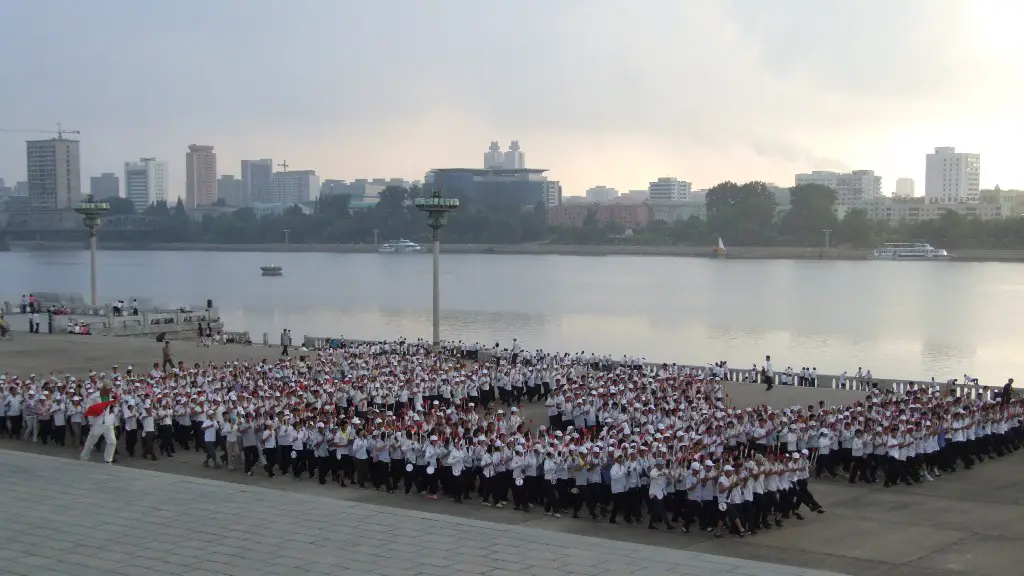Background Information
South and North Korea were originally one country, located on the Korean Peninsula in East Asia. The nation was first unified in 668 A.D. under the the rule of Silla. Since then, Korea had been invaded by many foreign countries, resulting in multiple occupations by China, Japan, and Russia. After World War II, Korea was divided in 1945 by the United States and the Soviet Union in order to establish a buffer zone between China and Japan, who had been allies during the war.
Division
This division of the Korean peninsula resulted in the establishment of two separate governments. The North saw the arrival of the Communist ideology, while the South saw the influx of a more capitalist framework. These vast differences quickly caused a heightened sense of animosity between the two sides. Over the course of the next few years, any peaceful resolution between South and North Korea was continually disrupted, leading to an outbreak of the Korean War in 1950.
The Korean War
This conflict drove the South and North farther apart, with the final ceasefire agreement in 1953 geographically maintaining the status quo of the Korean peninsula. Since then, the two sides have grown increasingly disconnected, though economic, cultural and military ties continue to exist. As a result, South and North Korea remain divided, each unable to achieve full and unified peace.
Humanitarian Impact
The Korean War left immense scorched earth and large-scale devastation in its wake, leading to a humanitarian and financial crisis for the Korean peninsula. According to the United Nations, around 3.5 million people were killed during the war, and millions more were displaced or otherwise affected. The effects have lingered on to this day, with North and South Koreans struggling to overcome the physical, psychological, and economic trauma the war has inflicted.
Political and Military Tensions
Political and military tensions between South and North Korea have been, and continue to be, an ongoing concern. As a result, it has become increasingly difficult for the two sides to achieve a concrete denuclearization agreement. The United Nations has enforced a non-aggression truce, however this has not halted missile tests by either side. Both countries maintain heavy military presence on their respective sides of the border, and the Armistice line remains highly guarded.
International Partnerships
South and North Korea have sought international aid in order to improve their existing relations. An agreement was signed with the United States in 2018, officially pledging an end to the Korean War. In 2019, North Korea agreed to the formal opening of diplomatic relations with the South, and merely a few months later the two sides met to discuss denuclearization.
Economic Challenges
The economic prosperity of the Korean peninsula is heavily dependent on the cooperation between the South and North. Although North Korea is currently under international sanctions for its nuclear testing, the country remains rich in natural resources and potential for economic advancement. South Korea holds similar potential, and some experts have estimated the peninsula’s united growth would outpace the United States’ economy.
The Role of China
The role of China in the saga of Korean reunification has been an interesting one. China has historically been both a supporter of greater unification, and a proponent of the current division of the peninsula. In recent years, China has sought to improve relations with both North and South Korea, despite its strained relationship with the United States.
United Nations Support
The United Nations has played a major role in the peacekeeping process between South and North Korea. The UN has provided international aid to the Korean peninsula and has also continued to push for peace and diplomacy between the two sides. This has resulted in several agreements between North and South Korea in recent years, most notably the Joint Declaration of 2018 and the Korean Inter-Korean Peace Agreement of 2019.
Implications of Division
The division of the Korean peninsula has had profound implications throughout history. While the nation has been able to maintain a certain level of autonomy, the constant state of unrest has rendered peace and unification virtually impossible. South and North Korea remain vastly different on the political, economic, and humanitarian front, contributing to an ever-present divide between them.
Political Climate
The current political climate between Seoul and Pyongyang is one of flux. On one hand, leaders from both nations have met to discuss the matter of peace and unification. On the other, North Korea remains highly suspicious of any potential South Korean “hostile acts” due to its military arsenal. Any lasting peace requires a difficult balancing act between both sides, which is yet to be achieved.
Media Representation
South and North Korea have diverging ideals when it comes to media representation. South Korea’s media is largely focused on self-expression and critical discourse, and is very open to outside influences. North Korea, on the other hand, has a more closed media, in which the government has a large degree of control over news, films and other media consumption.
Education Gaps
Education gaps between South and North Korea remain a key issue. South Korea’s education system is highly developed, with citizens receiving access to comprehensive curricula, while North Korean educational systems continue to suffer as a result of a lack of funds. This results in a widening gap in knowledge and skills between individuals who reside on both sides of the border.
Cultural Exchanges
Cultural exchanges between South and North Korea have been largely rare due to political tensions and security circumstances. However, over the past few years a few limited exchanges have taken place. For example, South and North Korean athletes marched together during the 2018 Winter Olympics opening ceremony under one unified flag, demonstrating a glimmer of hope for long-term peace.



